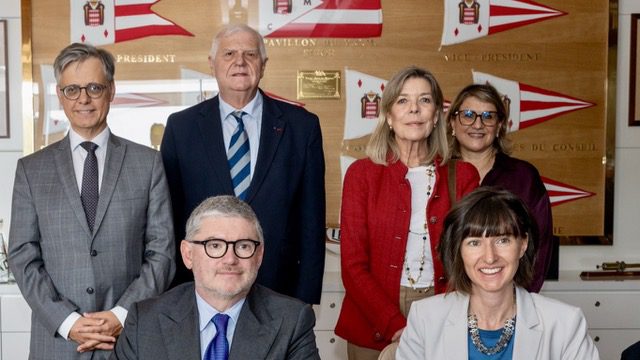The Centre Scientifique de Monaco (CSM) and CHANEL have extended their partnership for another six years, reaffirming a shared commitment to understanding and safeguarding one of the Mediterranean’s most iconic yet threatened species: the red coral.
Since 2019, the Unité de Recherche sur la Biologie des Coraux Précieux, created through this collaboration, has made significant strides in studying the biology of Corallium rubrum. Once prized for jewellery, medicine, and religious ornamentation, red coral now faces serious threats from overfishing, pollution, and climate change. Its slow growth and critical ecological role — supporting nearly 20% of known Mediterranean marine species — make its protection a top scientific priority.
“CHANEL Horlogerie Joaillerie is proud to renew its commitment for the next six years alongside the Centre Scientifique de Monaco,” said Frédéric Grangié, President of CHANEL Horlogerie-Joaillerie. “Protecting the environment — and the oceans in particular — is vital for the Maison. We aim to support research that contributes to sustainable development and the preservation of marine ecosystems.”
Under this partnership, researchers have achieved what CSM Scientific Director Sylvie Tambutté called “an exceptional harvest of results.” Their work has led to around twenty scientific publications and breakthroughs in understanding coral growth, skeletal formation, and its complex relationship with associated microorganisms. Tambutté highlighted that the team has also tested coral larval settlement and development in submerged caves, producing results that could prove pivotal for restoring coral habitats. Two doctoral theses stemming from this research are expected to be defended in 2025, helping train a new generation of marine scientists.
Among the team’s most significant discoveries are the hormonal regulation of coral growth, showing that red coral uses hormones to control skeletal development — a finding that could allow growth stimulation in lab settings; genetic and cellular insights revealing complex biological processes shaping coral skeletons and the role of specific organic molecules; and the identification of a unique microbiome, demonstrating that red coral relies on bacteria and symbiotic fungi crucial to its health and resilience. The research has also illuminated the impact of marine heatwaves, with studies showing that coral microbiomes struggle to recover from thermal stress, leaving colonies vulnerable to disease.
The team has conducted in situ experiments in Monaco’s waters, using artificial concrete caves as underwater laboratories to test coral reproduction and growth under controlled conditions. Early results are promising, with hundreds of young corals successfully developing each year.
This renewed partnership not only reinforces Monaco’s position as a hub for marine science but also illustrates how collaboration between luxury and research can advance the shared goal of ocean conservation — protecting beauty at its most elemental level.


